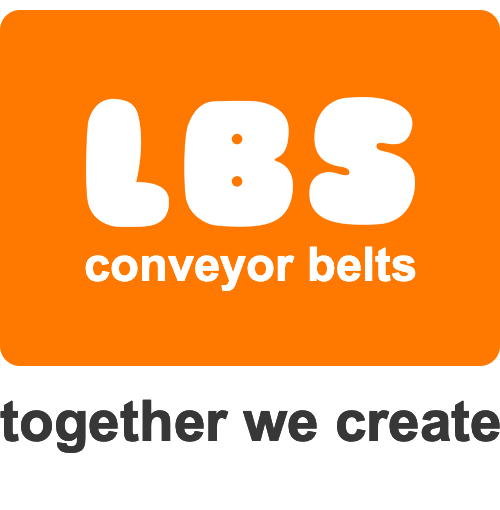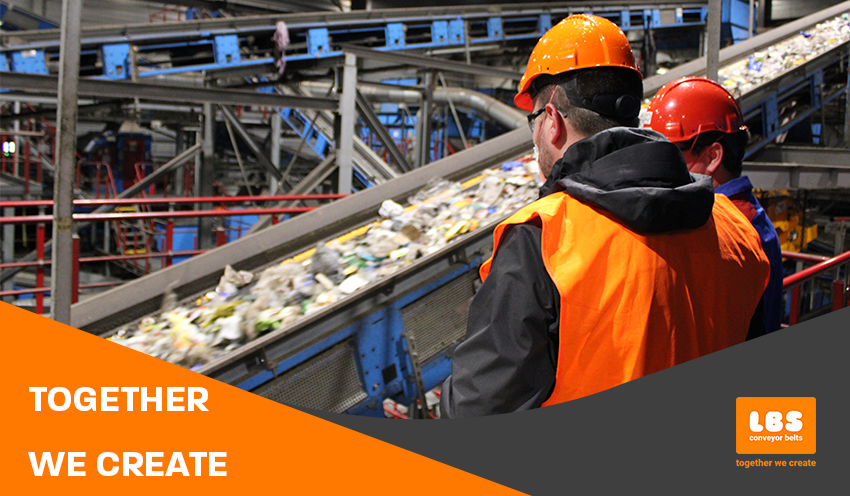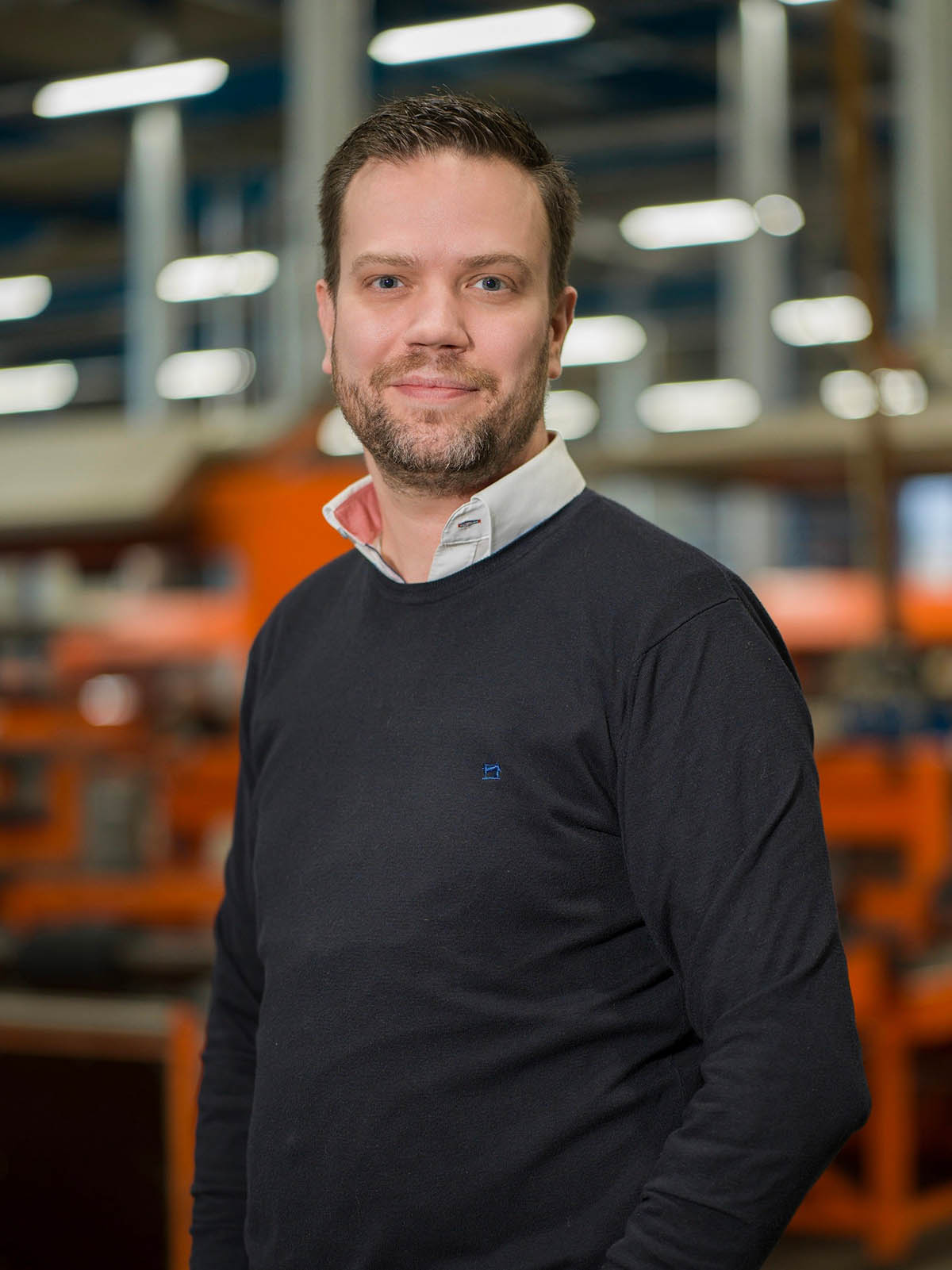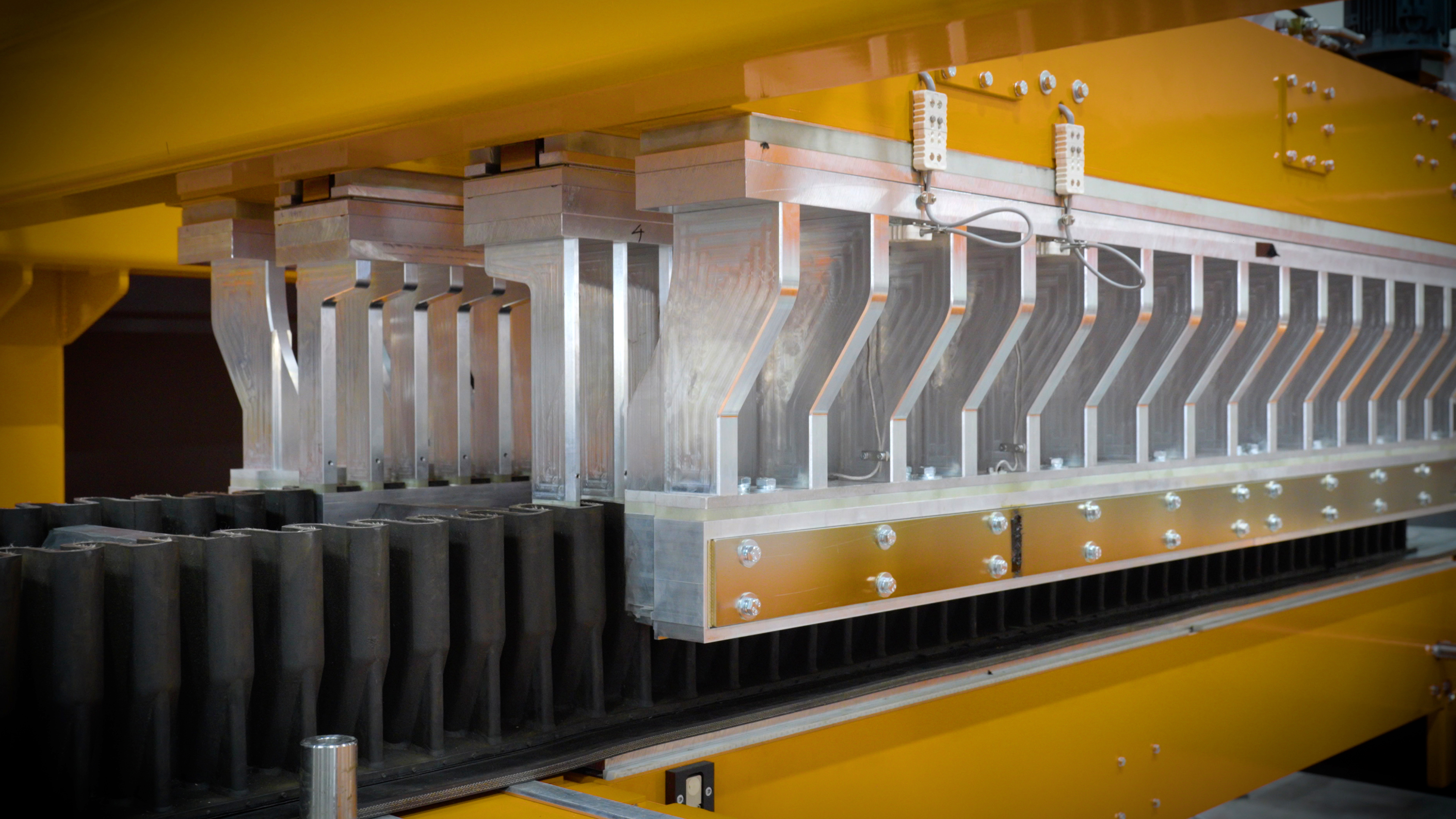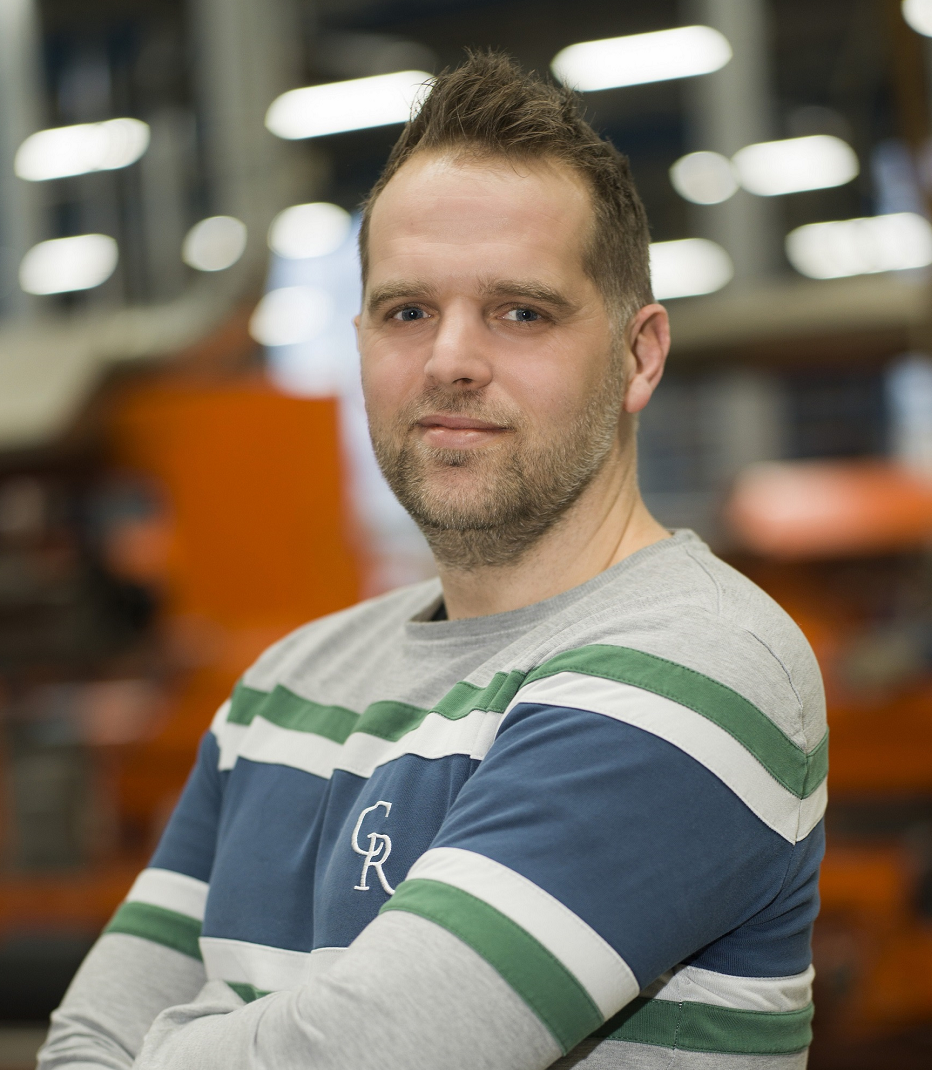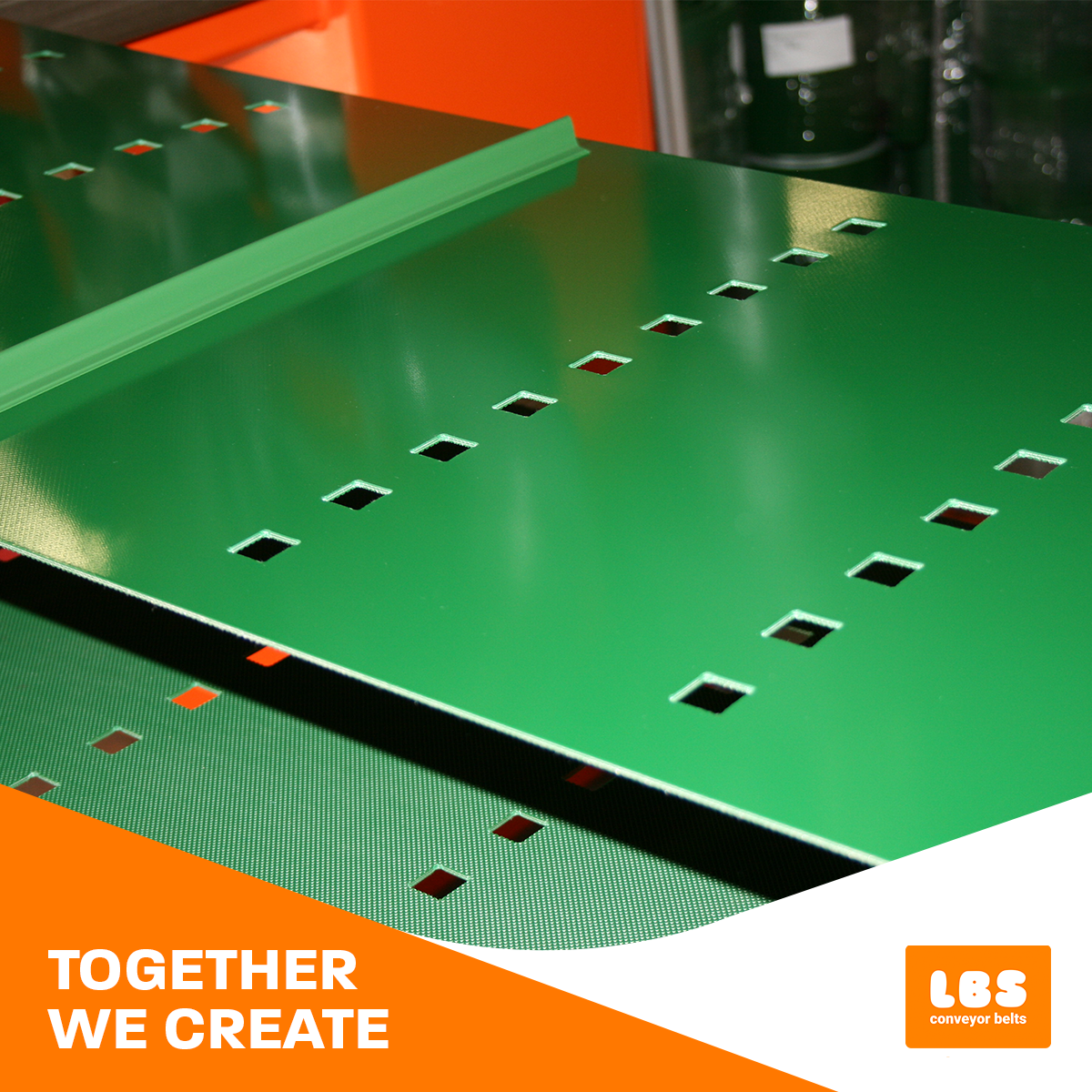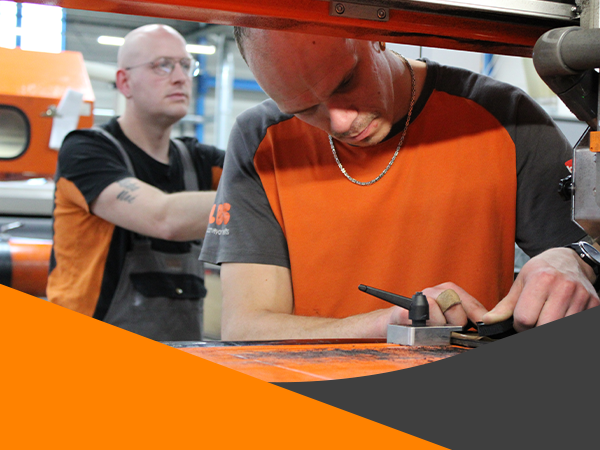WORKING TOGETHER FOR A SUSTAINABLE WORLD: INNOVATIONS IN THE RECYCLING INDUSTRY
At LBS, we strive to contribute to a more sustainable world by supplying high-quality custom-made synthetic and rubber conveyor belts. With our years of experience and expertise, we support our customers in the recycling industry to improve their processes and increase sustainability. In this article, we will look at some of the innovative solutions and cutting-edge technologies we use to create a sustainable world together.
MOBILE RECYCLING PLANTS: FLEXIBLE AND ENVIRONMENTALLY FRIENDLY
Mobile recycling equipments are revolutionary solutions that make traditional recycling processes more efficient and reduce the environmental footprint. By enabling waste treatment on site, these plants reduce transport costs and help promote a circular economy.
Using advanced technologies, these machines can process various materials such as plastic, glass, paper and metal and convert them into new raw materials or products.
STATIONARY RECYCLING PLANTS: EFFICIENCY AND MATERIAL RECOVERY
Stationary recycling installations play a vital role in modern waste management systems by serving as central hubs for processing and recycling various materials. With advanced sorting and processing methods, these plants can recover valuable raw materials and separate reusable materials from residual waste.
By using automated processes and advanced technologies, stationary recycling installations help reduce landfilled waste and promote reuse and recycling.
DIFFERENCES BETWEEN STATIONARY AND MOBILE RECYCLING installations
Stationary recycling equipments and mobile recycling equipmentsare both designed to process and recycle waste materials, but they differ in their mobility, scale and applications. Here are the main differences between the two:
Mobility:
- Stationary recycling equipments are permanently installed at a specific location and cannot be moved easily. They are designed to handle large volumes of waste and may incorporate advanced technologies for efficient recycling.
- Mobile recycling equipments are designed to be moved to different locations depending on the need for recycling. They are usually mounted on trucks, trailers or other mobile platforms, making them flexible and able to be deployed wherever they are needed.
Scale:
- Stationary installations generally have a larger processing capacity and are suitable for large-scale recycling operations. They are often equipped with sophisticated machinery and can process different types of waste materials.
- Mobile installations tend to be smaller in scale and have a more limited processing capacity compared to stationary plants. They are suitable for smaller quantities of waste or for specific projects on site.
Applications:
- Stationary recycling installations are often used to recycle waste materials on an industrial scale, such as in recycling centres, waste treatment plants or large manufacturing plants.
- Mobile recycling installations can be used in locations where there is no access to stationary facilities, such as construction sites, remote areas or event venues. They can also be used for temporary recycling projects or disaster clean-up.
In short, the main difference between stationary and mobile recycling installationslies in their mobility, scale and applications, with stationary plants being suitable for large-scale, permanent recycling operations and mobile plants being more flexible and able to be used in different locations and for different purposes.
ADVANCED SORTING TECHNOLOGIES: EFFICIENCY AND ACCURACY
Innovative sorting technologies play a crucial role in recycling materials by making the sorting and separation of different types of waste more efficient. Using advanced sensors and cameras, optical sorters can automatically identify and separate different materials, making manual sorting largely unnecessary.
These technologies contribute not only to the efficiency of the recycling process, but also to a cleaner and more sustainable environment by recycling materials more accurately and giving them a second life.
RUBBER AND synthetic CONVEYOR BELTS: SUSTAINABLE SOLUTIONS FOR RECYCLING
At LBS, we supply both high-performance rubber conveyor belt and synthetic conveyor belt customised solutions that are essential for various recycling plants. Our conveyor solutions maximise the efficiency and lifespan of recycling plants, contributing to more sustainable waste disposal with optimum performance. With our advanced technologies and expertise, we offer tailor-made conveyors and carriers that perfectly fit our customers' needs.
CUSTOMISATION WITH MULTICUTTER: PRECISION AND EFFICIENCY
Our Multicutter with advanced in-house cutting technology enables us to precisely cut conveyor belts and other materials to size. With fully automated and state-of-the-art cutting techniques, we deliver customised products with the highest precision, eliminating manual work and maximising efficiency.
TOGETHER TOWARDS A SUSTAINABLE FUTURE
At LBS, we strive to create a sustainable world together with our customers through innovative solutions and advanced technologies in the recycling industry. With our high-quality products and expertise, we contribute to efficient waste treatment, material recovery and the promotion of a circular economy. Let's work together to create a cleaner and more sustainable future for all of us.
We supply conveyor belts based on quality, soundness and sustainability. You can also come to us for advice, for example on the correct assembly and loading of conveyor belts, for optimal running direction.
Do you have questions about this or other questions about conveyor belts? Contact us, our specialists are ready to assist you.
